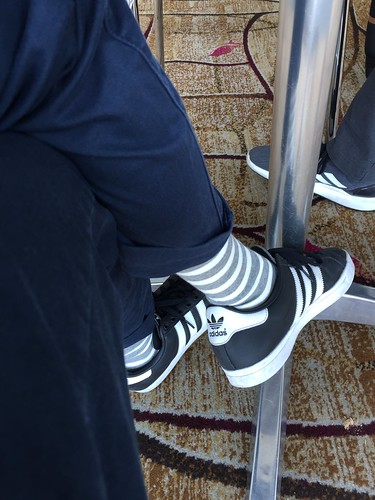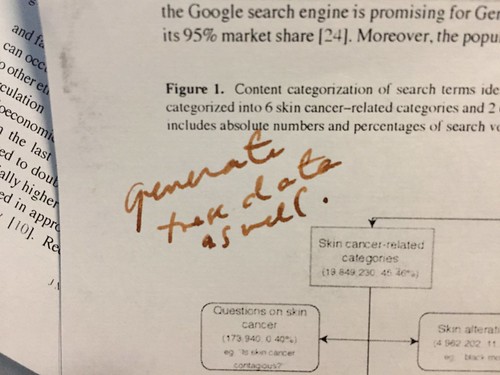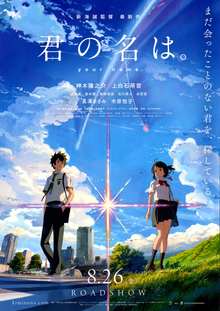Homoscedasticity

Written with a Platinum 3776 and a limited edition Pilot Iroshizuku while I was reviewing for an exam in biostatistics.
Labels: daily
Minutiae of my every day since 2004.


Labels: daily
In my brief medical career, I have worked in quite a few different countries. I went to medical school in Nepal, where I was born and raised. I then went to Japan in 2012 to train in medical oncology. Five years later, in 2017, I returned to Nepal to work as a medical oncologist before moving to Boston, Massachusetts, for a research fellowship in cancer policy in 2018. I now live and work in Kingston, Ontario, Canada, having moved here from Boston in early 2019.
Although training does help, the most crucial elements of delivering bad news to patients—having empathy and being sensitive—cannot be trained. Knowledge can be obtained anywhere, but listening to and genuinely caring for a patient has to be built into an individual's character with inspiration from experienced mentors. Protocols and guidelines help, but the richness and diversity of the patients we serve are reminders that we need to be flexible, listen to our patients, and respect their values and the culture that created those values.
Labels: medicine

Labels: daily
In Bundibugyo, the Paeds ward is a centrifuge that applies a centripetal force upon all the misery of the world and distills it down into the bodies of dozens and dozens of small people.
This beautiful place, like all others on our planet, has a hidden brokenness. As we round the mountain curves to return home, I see the smooth amazing pavement which has replaced one of the most difficult roads in the world. I see the outlines of palms and the vibrant green of banana trees, testaments to rainfall and abundance. I see songbirds and sunsets, hear laughter, creativity, resilience, commitment.
But spin the globe a few times, and then enter the ward to see what settles out. Malaria, malaria, malaria, and the nurse tells me they lost one last night because the quick-acting and effective artesunate is out of stock. My first patient is a newly admitted 4-year-old, gathered on the floor on a mattress with her mother and little sister. I can see her skin is tortured with scabies (a mite) and her face puffy with marginal protein in her diet. Her baby sister's clothes, her mother's thin-ness . . . I am nearly certain that if we tell them to buy artesunate in a clinic, they won't be able to. We have a national medical store that supplies the district, but our population is large and growing, our malaria progress has stalled, the rain this year never stopped, and the vials of medicine run out too fast. We try giving her an oral dose which she immediately and dramatically vomits out. So I end up driving into the market and finding a private pharmacy where I can purchase 8 vials. 8 lives. $1.67 per life.
Lord have mercy.
Give us wisdom and stamina.
Amen.


Labels: books/reading

Labels: medicine

Labels: daily

Labels: film/music